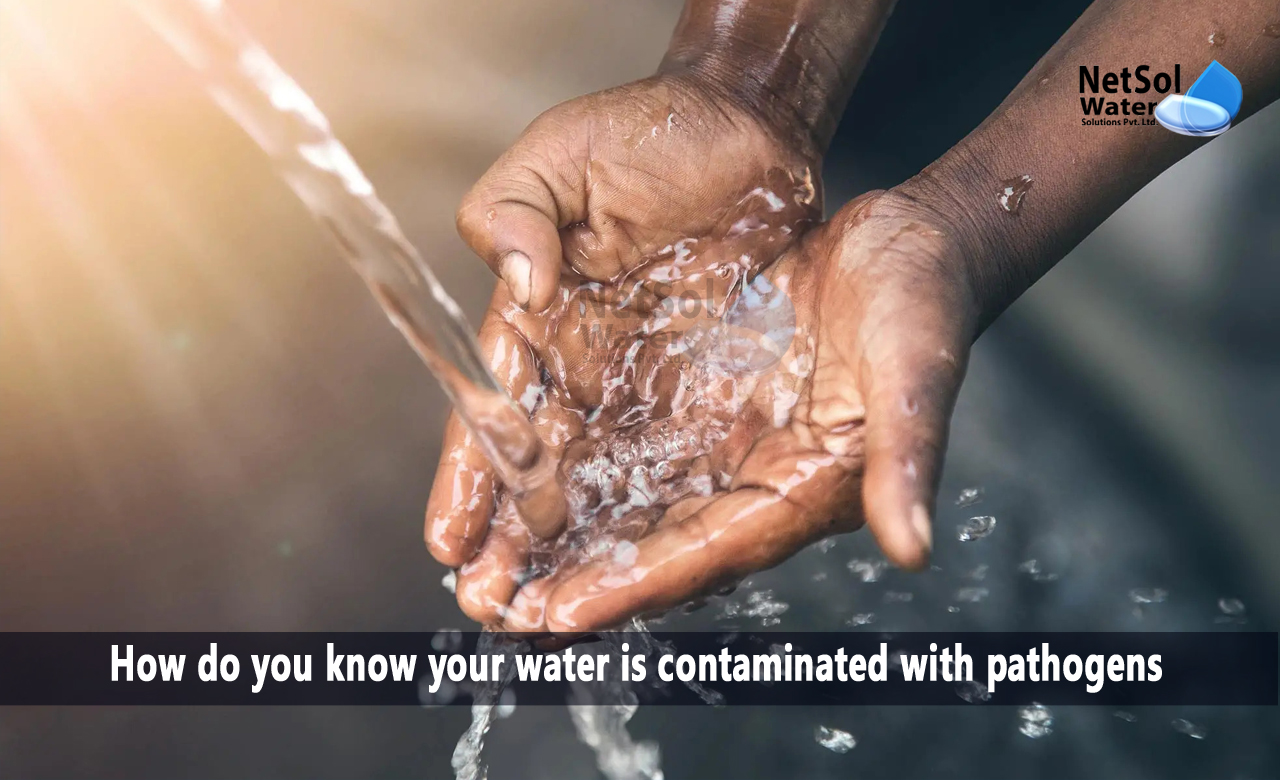Will you just be able to see the transparent liquid in a glass of water when you gaze at it? How do you know your water is contaminated with pathogens?
Now, if the water is muddy, you might typically see a little colour shift, but additional contaminants or pollutants won't be visible to the naked eye. Thus, the water will appear to be filtered and prepared for consumption, but you must determine whether it is safe to drink or not?
Before consuming, drinking water must be cleansed, regardless of whether it comes from a borehole or the municipal source. High TDS levels, which typically include dangerous bacteria and viruses, are extremely prevalent in water.
It has been established that dangerous bacteria and viruses present in drinking water, contribute to the spread of water-borne diseases. You must be aware of the many water-borne illnesses that have affected people over time, in different regions of the world. Malaria, typhoid, hepatitis-A, cholera, and giardiasis are a few of the well-known illnesses. The presence of dangerous bacteria is one of the primary causes of water-borne illnesses.
Despite the fact that municipal water providers clean the water before distributing it, there is a possibility that germs could be discovered in the storage tanks and pipes, which would subsequently mix with the water. As a result, household as well as commercial water needs must be purified before being used for consumption. To make the best Commercial RO Plants, you must take into account a number of variables.
How do you know your water is contaminated with pathogens?
There are a few symptoms that suggest the water might not be suitable for drinking, even if it is difficult to see the pollutants in the water with the naked eye.
Following are some of the warning indicators to look out for:
1: Look to see whether the water has an odd flavour.
2: Check to see if the water smells.
3: Check to see if the water is slightly hazy or muddy in colour.
Now, if you observe any one of these, the level of water contamination might be higher!
Even, if you don't experience any of these, it is still a good idea to have your water tested for TDS and other pollutants, to learn more about the contaminants in the water.
Together with checking the TDS or chlorine levels in drinking water, one of the standard methods to determine whether the water contains dangerous pathogens, is to test for the presence of Coliform bacteria.
What kinds of viruses and bacteria are present in the drinking water?
Not all viruses or bacteria are dangerous to health, but, before consuming the water, it is crucial to remove these microbes.
Water may include a variety of pathogens (bacteria, viruses, and parasites), many of which have the potential to harm a person's health, in the short and long-term. Some could result in long-term health consequences, viral fever, stomach aches, or diarrhoea.
The following list of typical pathogens is provided by the WHO:
1: The bacteria include the Coliforms, Legionella, Enterococci, Vibrio, Salmonella, E. coli, and Shigella.
2: The viruses include rotaviruses.
3: The Enteroviruses include polioviruses and echoviruses.
4: Some parasites include Giardia, Entamoeba, and Cryptosporidium.
To make the water safe to drink, these microbes must be removed. But, how can these germs be eliminated from water?
Obviously, our answer would be with use of various water treatment products!
How do water purification systems work?
In this industrialised society, it is difficult to find clean, pure drinking water. Water supplies are now more contaminated as a result of rapid urbanisation and deforestation. As a result, various dangerous pollutants make the water we drink, vulnerable. So, it is crucial to filter and purify the water before using it.
A Commercial RO Plant can assist in removing undesirable microorganisms, suspended particles, particulate matter, gases, and chemical and biological pollutants from water. In the past, methods including distillation, sedimentation, and filtration were used to purify the water. Modern water purification systems use technology for purification that is far more advanced, including RO Plants, Water softeners, UV water purification systems, etc.
Commercial RO Plant manufacturers and suppliers
With cutting-edge water filtration technology, purchase the best Industrial and Commercial RO plants from Netsol Water Solutions. These Commercial RO Plants are ISO certified, BIS approved, and in high demand in the water treatment sector, due to their ability to convert untreated, contaminated water into usable and pure water.
To guarantee you get the most out of your equipment, we also offer installation, training, commissioning, and support. For further information or to make a product purchase, contact us at +91-9650608473 or drop a mail at enquiry@netsolwater.com



